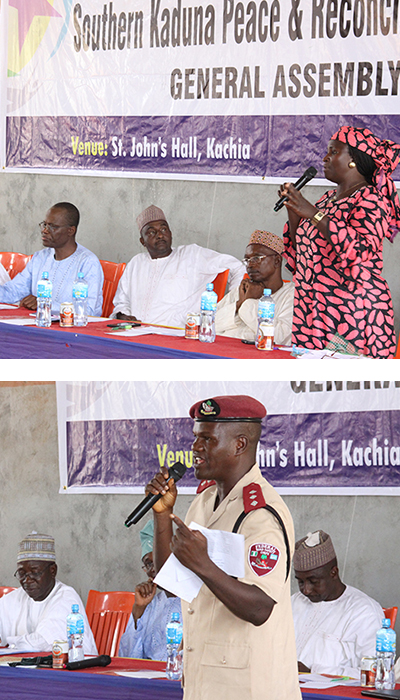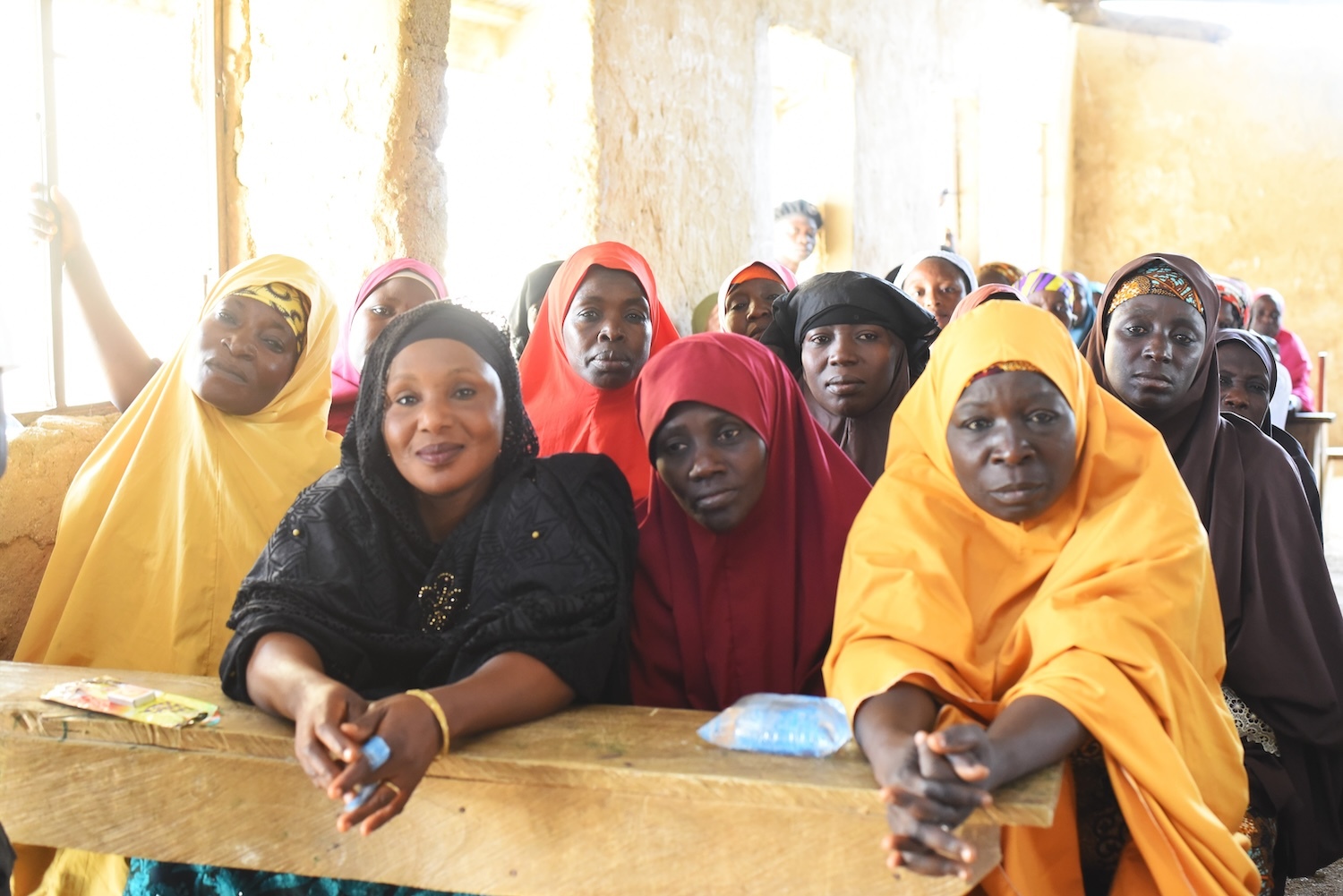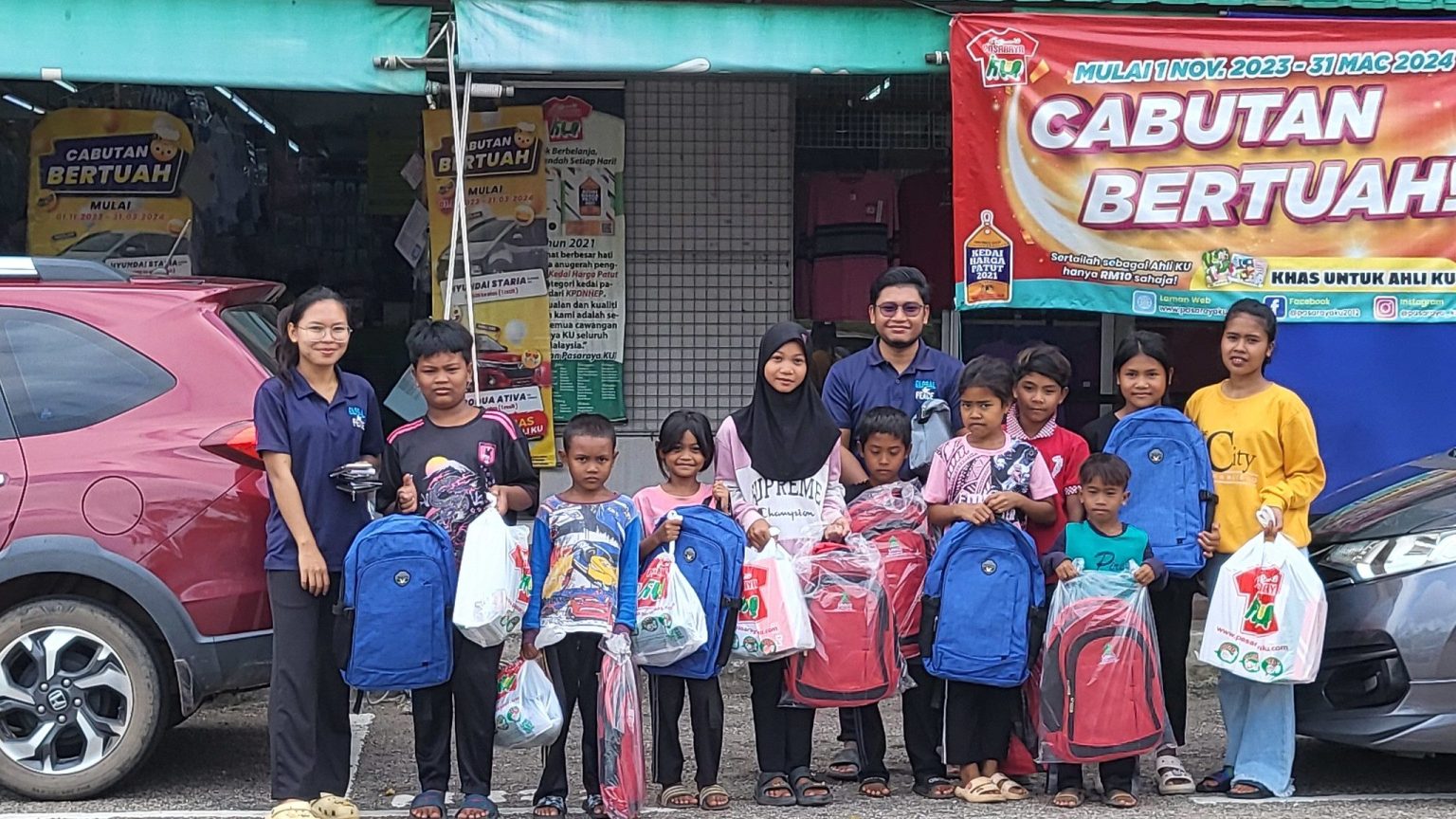Global Peace Foundation is partnering with Co-operation Ireland to provide a platform for sharing unique models of peacebuilding in the upcoming four-day peace learning program in Belfast, Northern Ireland. The program will showcase best practices and lessons learned from unique peacebuilding projects in conflict and post-conflict. As a region endeavoring to rebuild its communities in post-conflict years, Northern Ireland is a fitting location for such a conference.
Northern Ireland experienced a violent sectarian conflict known as “The Troubles” from around 1968 to 1998. Over 3,600 people were killed as the conflict spilled over into the Republic of Ireland and England. The Northern Ireland Agreement of 1998 brought an end to the conflict, fostering cross-border cooperation between governments and a mutual commitment to find peaceful means of resolving differences.
Though Northern Ireland has stabilized and the Northern Ireland Agreement is often regarded as a model of conflict resolution, healing and reconciliation take time. Perhaps those who lived through the conflict understand best what it takes to maintain peace. Rev. Aidan Troy, a pastor for a parish situated between Catholic and Protestant neighborhoods in Northern Ireland, once stated that the hope to end hatred lies in the people who incited violence. He likened peace to a “very delicate plant” that required commitment from both sides to nurture it.
The Global Peace Foundation (GPF) has set out on a mission to understand how to nurture that very delicate plant in communities with a history of deep-seated tensions and conflicts around ethnic, religious, and political lines. And what we have discovered is the importance of everyday, grassroots, people-to-people interactions and relationships in building confidence, trust, and social cohesion. Additionally, community leaders play a key role in this process. High-level governmental agreements may temporarily end violence, but beginning the long journey of healing and establishing lasting peace begins with the citizens.

Local leaders participate in the Southern Kaduna Peace and Reconciliation Committee meetings.
One example of this is Nigeria’s Southern Kaduna Peace and Reconciliation Committee (SKPRC), a coalition of 200 key stakeholders across the region, including representatives from each of the 56 tribal groups and other major stakeholders. SKPRC, along with the grassroots work of local communities, have been effective in de-escalating tensions. Nigeria’s Southern Kaduna State had experienced violence around every local election in the decade preceding the 2018 elections; yet, remarkably, the local elections in 2018 remained peaceful. A series of forums took place before the elections between community leaders and security agencies, which cultivated trust between local people and security agencies, and perhaps contributed to the peaceful outcome.
GPF Nigeria has served as a neutral third party in this case by inspiring, guiding, and facilitating agreements between these community leaders in SKPRC. Through our One Family Under God campaign in Nigeria, we have found that by articulating a shared identity and focusing on common values and principles across various tribal, religious and ethnic groups, we can build social cohesion and discover peaceful means to resolving conflicts.
The path to peace varies from one community to the next based on contextual factors, and GPF is committed to continuing to encourage and inspire the development of unique local models of peace and community-building. Yet, as our world grows more interconnected, emerging models of peace may inspire and prompt other communities, some half-way around the world, to find similar ways to building peace or to apply relevant lessons as they develop their own models.



